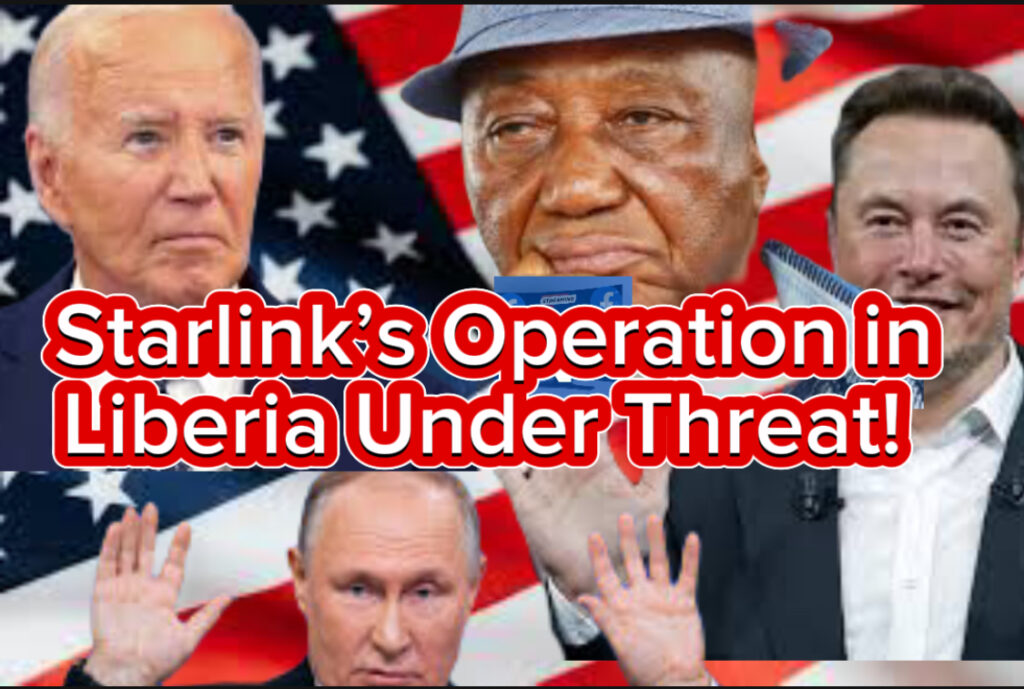The Wall Street Journal reported on Thursday, October 24, 2024, that Elon Musk, the world’s richest man, and Vladimir Putin, America’s chief geopolitical antagonist, have reportedly been engaged in secret conversations since 2022.
Citing unnamed sources, the Journal revealed that the two discussed topics spanning geopolitics, business, and even personal matters. These contacts are raising significant security concerns in the U.S., given the influential roles both men play in global affairs.
One particularly alarming aspect of their communication is a reported request by Putin, during one of their conversations, for Musk to refrain from activating his Starlink satellite network over Taiwan.
This request was purportedly made as a favor to Chinese President Xi Jinping, whose relationship with Putin has deepened over the past decade.
According to the Journal, Putin and Xi have met more than 40 times since 2013, strengthening a powerful political alliance.
The revelation comes on the heels of a recent agreement between Liberia and Musk’s Starlink service. On October 12, 2024, the Liberia Telecommunications Authority (LTA) signed a one-year licensing deal with Starlink to expand internet access, hoping to bring Liberia’s 60% coverage closer to 100%.
At the signing, Abdullah L. Kamara, the head of the LTA, underscored the agreement’s importance for Liberia’s digital advancement, hailing Starlink as a transformative partner in closing the country’s digital divide.
However, the new information regarding Musk’s interactions with Putin could place this agreement in jeopardy, given the longstanding “father-son” relationship between Liberia and the United States.
Liberia’s historical ties with the U.S., dating back to its founding by freed American slaves, have led to a bond marked by American guidance and influence over Liberian political and economic matters. Consequently, any project seen as potentially compromising to U.S. security interests might face strong resistance from Washington.
Bilateral Agreements and Investment deals have faced diplomatic row and or roadblocks in the past especially when they intersect with sensitive geopolitical issues conflicting America’s dominance.
Concerns about Musk’s foreign relations have already drawn significant scrutiny in the United States. On Friday, NASA Administrator Bill Nelson called for an investigation into Musk’s reported “regular contact” with Putin, warning that these connections could undermine U.S. interests.
Compounding the issue, there are reports of Musk’s financial support for Donald Trump’s campaign, fueling speculation about possible collaboration between Trump, Putin, and Musk.
As the story unfolds, diplomatic pundits says strategic implications of Musk’s global reach and his private communications with America’s rivals could overshadow his technological assistance to Liberia and beyond.
While the Starlink agreement promises to bridge Liberia’s digital gap, it remains to be seen if the longstanding U.S.-Liberia partnership will accommodate this Agreement.


